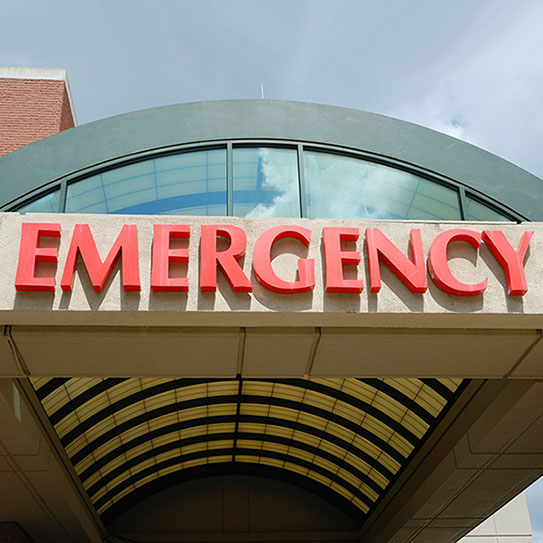
Dental emergencies can happen at any time and often catch us off guard. Whether it’s a sudden toothache, a knocked-out tooth, or a broken dental restoration, knowing how to handle a dental emergency can make all the difference in preserving your oral health and minimizing pain and discomfort. In this blog post, we’ll discuss common dental emergencies, how to prepare for them, and what steps to take if you find yourself facing a dental crisis in West Jordan.
Common Dental Emergencies
There are a few categories that visits to the emergency dentist typically fall into:
- Toothaches: Toothaches can be caused by various factors, including dental decay, infection, or injury. The pain may range from mild to severe and can be accompanied by swelling or sensitivity to hot and cold temperatures.
- Knocked-Out Tooth: Accidents or trauma to the mouth can result in a tooth being completely knocked out of its socket. It’s essential to seek immediate dental care to increase the chances of saving the tooth.
- Cracked or Fractured Teeth: Cracks or fractures in the teeth can occur due to biting on hard objects, facial trauma, or untreated dental decay. Depending on the severity of the fracture, treatment may include dental bonding, a dental crown, or root canal therapy.
- Lost Dental Restorations: Losing a filling, crown, or dental bridge can leave the affected tooth vulnerable to further damage or decay. It’s important to see your emergency dentist as soon as possible to have the restoration replaced or repaired.
- Soft Tissue Injuries: Injuries to the lips, cheeks, gums, or tongue can result in bleeding and pain. Applying gentle pressure with a clean cloth and rinsing with warm saltwater can help control bleeding and reduce the risk of infection.
Preparing for a Dental Emergency
You probably know that having a first aid kit at home is a good idea in case of an injury, but there are specific things you can do to be prepared for a dental emergency as well, including:
- Keep an Emergency Kit: Prepare a dental emergency kit containing essential items such as gauze pads, sterile saline solution, a small container with a lid, over-the-counter pain relievers, and the contact information for your emergency dentist.
- Know Your Emergency Dentist’s Contact Information: Save your dentist’s contact information in your phone or keep it readily accessible in case of an emergency. Many dental practices, including Holt Dental Care, offer emergency dental services and can provide guidance over the phone.
- Educate Yourself: Familiarize yourself with basic first aid techniques for dental emergencies, such as how to handle a knocked-out tooth or manage bleeding gums. Being prepared can help you act quickly and confidently in a stressful situation.
What to Do in a Dental Emergency
If a dental emergency does happen, follow these steps immediately, then get to the emergency dentist:
- Stay Calm: Remain calm and assess the situation calmly. Panicking can exacerbate the problem and make it harder to think clearly.
- Control Bleeding: If there is bleeding, apply gentle pressure to the affected area with a clean cloth or gauze pad. Rinse your mouth with warm saltwater to help clean the area and reduce the risk of infection.
- Save the Tooth: If a tooth has been knocked out, handle it carefully by the crown (top) and avoid touching the roots. Rinse the tooth gently with water if it’s dirty, but do not scrub or remove any attached tissue. Place the tooth in a container of milk or saliva to keep it moist and bring it to your emergency dentist as soon as possible.
Preparation Helps Ensure the Best Outcomes
By knowing how to recognize and respond to dental emergencies, you can protect your oral health and potentially save a damaged or knocked-out tooth. Preparation is key, so take the time to educate yourself, gather essential supplies, and keep your emergency dentist’s contact information handy. Remember, in the event of a dental emergency in West Jordan, prompt action can make all the difference in achieving a positive outcome.







